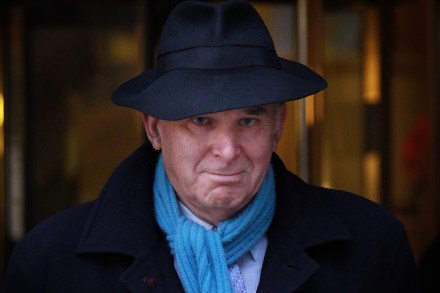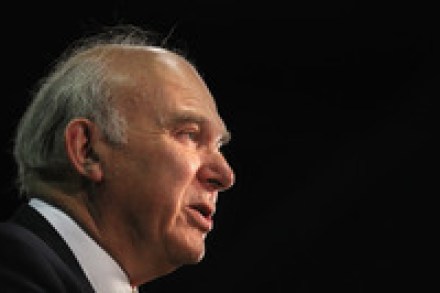Cable waltzes into trouble with an attack on Murdoch
Those choppy waters that I mentioned earlier? They’ve just become perilous for Vince Cable. The BBC’s Robert Peston has an extract from the Telegraph tapes that was omitted from the paper’s coverage – and it is revelatory stuff. In it, the Business Secretary discusses Rupert Murdoch’s bid to take majority control of BSkyB, and he drops this particular line: “And I don’t know if you have been following what has been happening with the Murdoch press, where I have declared war on Mr Murdoch and I think we are going to win.” Declaring war on Rupert Murdoch – and declaring that you’re declaring war – may be inadvisable for most


















